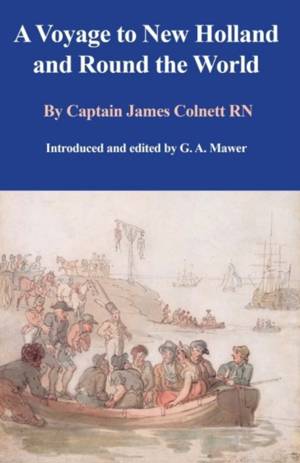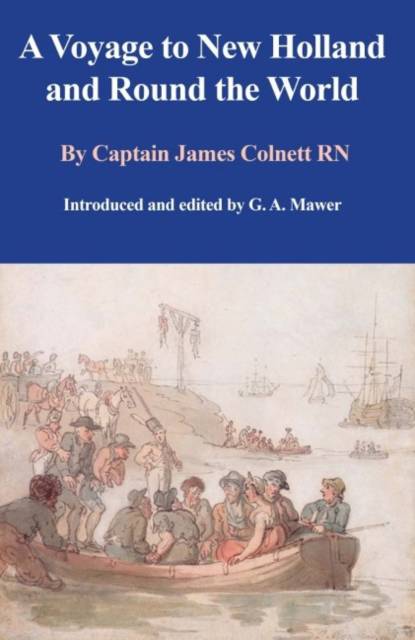
- Retrait gratuit dans votre magasin Club
- 7.000.000 titres dans notre catalogue
- Payer en toute sécurité
- Toujours un magasin près de chez vous
- Retrait gratuit dans votre magasin Club
- 7.000.0000 titres dans notre catalogue
- Payer en toute sécurité
- Toujours un magasin près de chez vous
13,95 €
+ 27 points
Description
No mariner knew the wide Pacific better than James Colnett, RN. He had sailed with Cook; he had filibustered in the north-west Pacific fur trade (nearly starting a war with Spain in the process); he had made a whaling reconnaissance to the Galapagos Islands. On his last voyage, the journal of which is published here for the first time, he took convicts to Sydney Cove in 1802-03 on HMS Glatton and returned with shipbuilding timber. Although the journal is an important record of a short-lived experiment using warships as convict transports, its wider interest lies in Colnett's observations on New South Wales as he found it in 1803. Sensitive to criticism but with unconventionally liberal views about the administration of justice, he is probably unique in his inability to discern any redeeming feature in Sydney, not even its harbour. In fact he believed New Zealand a better prospect for a colony in the region. However, his description of New South Wales as mutinous was prophetic, but that did not translate into support for Governor King in his struggle to control the officers of the New South Wales Corps. To the contrary, Colnett was instrumental in having Governor King recalled. Ironically, King was replaced by a man who already had a bad record with mutineers: Captain Bligh of the Bounty would become Governor Bligh of the Rum Rebellion. *** ..".Mawer's crisp and well-edited version of Colnett's account is worthy of examination, renewing as it does a certain awe at the physical and societal hardships faced by those who took part -- willingly or otherwise -- in the growth of Empire." --The International Journal of Maritime History, Vol. 30(1) *** "Edited with commentary by independent historian Granville Allen Mawer, 'A Voyage to New Holland and Round the World' is an extraordinary and inherently fascinating account that is very highly recommended for personal, community, and academic library Maritime History & Australian History collections and supplemental studies reading lists." --Midwest Book Review, Library Bookwatch: February 2017, The World History Shelf [Subject: History, Maritime History, Australian Studies]
Spécifications
Parties prenantes
- Auteur(s) :
- Editeur:
Contenu
- Nombre de pages :
- 112
- Langue:
- Anglais
Caractéristiques
- EAN:
- 9781925078893
- Date de parution :
- 15-09-16
- Format:
- Livre broché
- Format numérique:
- Trade paperback (VS)
- Dimensions :
- 152 mm x 222 mm
- Poids :
- 240 g

Les avis
Nous publions uniquement les avis qui respectent les conditions requises. Consultez nos conditions pour les avis.






